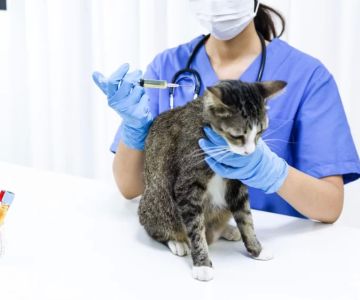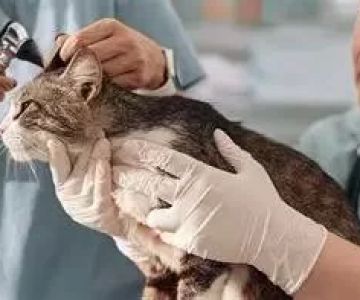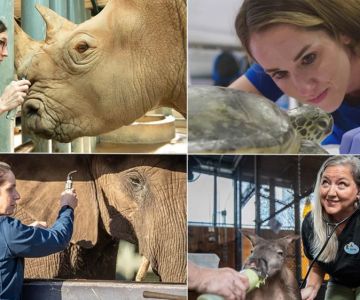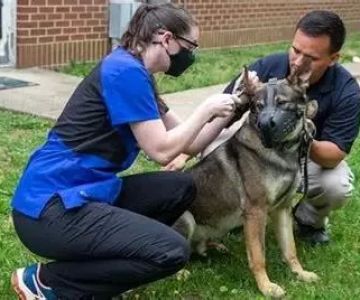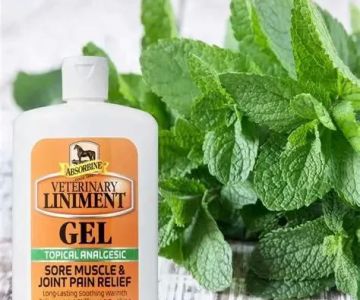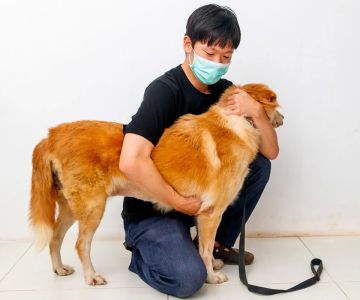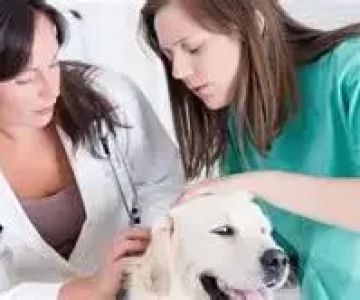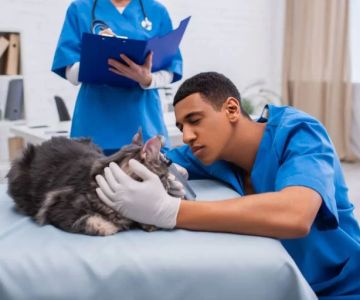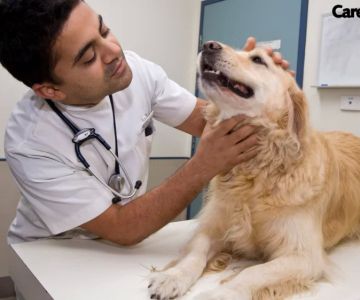- How to Say "A Veterinarian" in Spanish
- Understanding the Veterinary Profession in Spanish-Speaking Countries
- Common Veterinary Terms in Spanish
- The Importance of Learning Spanish for Veterinarians
How to Say "A Veterinarian" in Spanish
If you're a veterinarian or aspiring to be one, learning key phrases in Spanish can be incredibly helpful, especially in diverse communities where Spanish is spoken. In Spanish, "a veterinarian" is said as "un veterinario" for a male and "una veterinaria" for a female. Understanding the language helps to effectively communicate with Spanish-speaking pet owners, creating trust and making sure animals get the care they deserve.
In the context of veterinary care, it's important to understand that the word "veterinario" is gendered, as many other words are in Spanish. It's common to use "veterinaria" in reference to the field of veterinary science or the practice itself, while "veterinario" or "veterinaria" is used when referring to the professional depending on gender.
Understanding the Veterinary Profession in Spanish-Speaking Countries
The role of veterinarians in Spanish-speaking countries is similar to that in English-speaking nations, but there are unique cultural and professional nuances. In many Latin American countries, veterinarians play an essential role not only in pet care but also in livestock management, which is crucial for the economy. This broadens the scope of what it means to be a veterinarian, and those who work in rural areas often serve as both pet doctors and livestock specialists.
In countries like Mexico and Spain, veterinarians are highly respected professionals, and veterinary care for both domestic animals and farm animals is crucial for public health and safety. Veterinary care may be organized differently compared to other countries, but the core focus remains the same—protecting animal health and ensuring the wellbeing of the community.
Common Veterinary Terms in Spanish
If you’re planning to work with Spanish-speaking clients, it’s essential to know key veterinary terms in Spanish. Here are a few common words and phrases that can make communication smoother:
1. Animal - Animal
The word "animal" is used in both English and Spanish, but you’ll also hear specific terms based on the type of animal being discussed, like "gato" for cat, "perro" for dog, and "caballo" for horse.
2. Consultorio Veterinario - Veterinary Office
This refers to a veterinarian’s office or clinic where animals are treated.
3. Médico Veterinario - Veterinary Doctor
This term is often used interchangeably with "veterinario" but is more formal. It may be used when talking about the educational background of the professional.
4. Vacunas - Vaccines
Understanding vaccination terms is essential. "Vacunas" are the vaccines animals receive, and you may need to explain the schedule or importance of these vaccinations to pet owners.
5. Cirugía - Surgery
If you specialize in surgery, this word will come up often. It’s essential to explain procedures and aftercare instructions in simple Spanish.
The Importance of Learning Spanish for Veterinarians
Learning Spanish is an invaluable tool for veterinarians, especially in regions with large Spanish-speaking populations. Being able to communicate directly with pet owners about their animals' health can foster trust, improve treatment outcomes, and enhance customer satisfaction. It's not just about being able to say "veterinarian" in Spanish, but understanding the language in a professional context—whether discussing symptoms, providing aftercare instructions, or explaining a diagnosis.
Additionally, bilingual veterinarians often have the advantage of serving a broader community, which can increase job opportunities and satisfaction. If you're a veterinarian who is considering expanding your language skills, or if you're looking to improve your Spanish vocabulary, there are many resources available, from language apps to courses designed for professionals. The investment in learning Spanish could prove to be one of the most valuable decisions for your career.
As veterinary care becomes more inclusive, language skills like Spanish can set you apart from other professionals. Whether you're working in a bilingual community or planning to travel abroad to practice, mastering the terminology of your field can increase your confidence and professional opportunities. If you're looking to expand your knowledge and improve your skills, make sure to visit [Healthy Cycling] for tips and resources that will support your professional growth.



